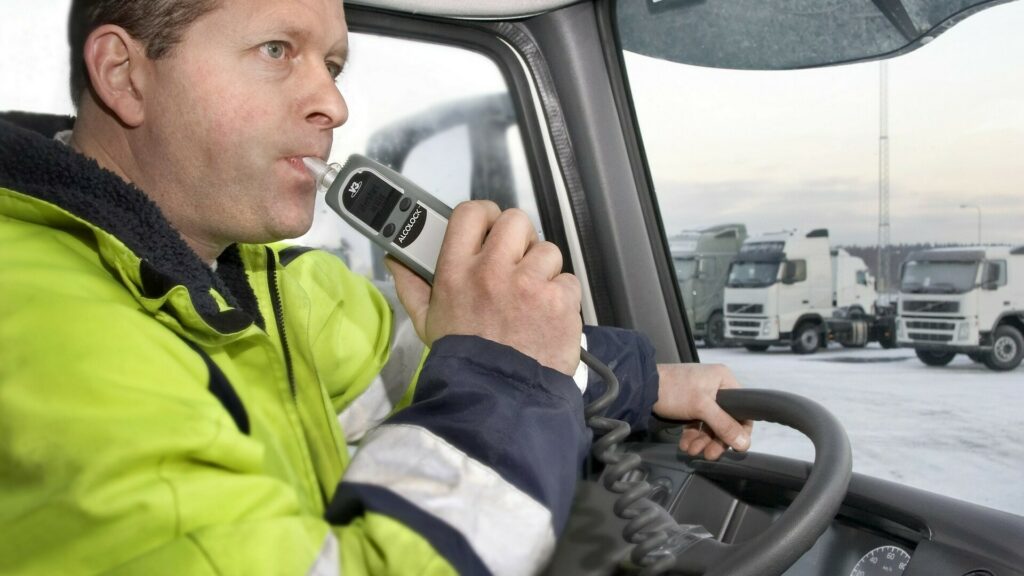- NHTSA is pushing for tech that prevents drunk driving by disabling vehicles.
- By November 15, NHTSA must finalize rules for systems that stop intoxicated drivers.
- New tech for drunk driving faces ongoing issues with privacy and false positives.
According to the NHTSA, one person dies as a result of drunk driving every 39 minutes in the USA. That’s 37 people every single day on average. Regulators want to put an end to that trend by making it impossible for drunk people to start and drive a modern car. Several parties want that tech to show up sooner rather than later but there are significant challenges ahead.
The NHTSA has until November 15 of this year to issue its “final rule” on the standard this new anti-drunk driving tech must meet. It’s known about that deadline since 2021, when a law was passed requiring it to determine these rules so that automakers could follow them. Essentially, the tech in question would prevent a drunk person from operating a car.
Read: Road Rager Gets Pinned By Her Own Rolling Car
Accomplishing that goal on a widespread scale is easier said than done. Different companies involved in developing the final product have different plans. One wants to passively monitor a driver’s breath and then require an eye test if something isn’t up to snuff.
Notably, whatever system ends up making the grade must be passive to begin with. A secondary active test is allowable but drivers won’t need to change their behavior until a warning gets triggered.

According to Freep, the NHTSA does have a backup plan if it can’t come up with final rules by November 15. It can then explain why these rules are delayed and continue to work on them for up to ten years in total if need be.
While all of this sounds reasonable and very safety-focused, keep in mind that nothing is perfect. That includes technology in this sphere. What happens if the system incorrectly believes that the driver is inebriated? How does it handle that? Can the driver override the system?
In addition, there are concerns about privacy to consider. It’s clear from several recent stories that automakers are happy to suck up every bit of they can on drivers. Several of them seem happy to pass it on to other third-party companies, including insurance companies. What happens to a person’s insurance if they get a report that a driver tried to operate a car while drunk? These are all questions that we’ll almost certainly see answered in the coming decade if not sooner.




